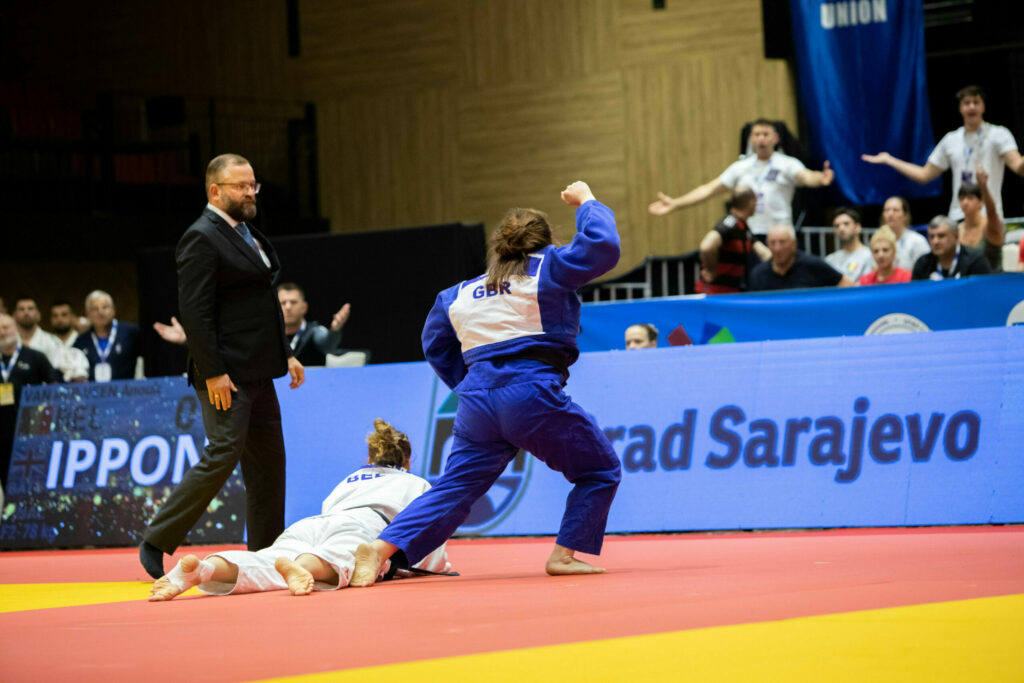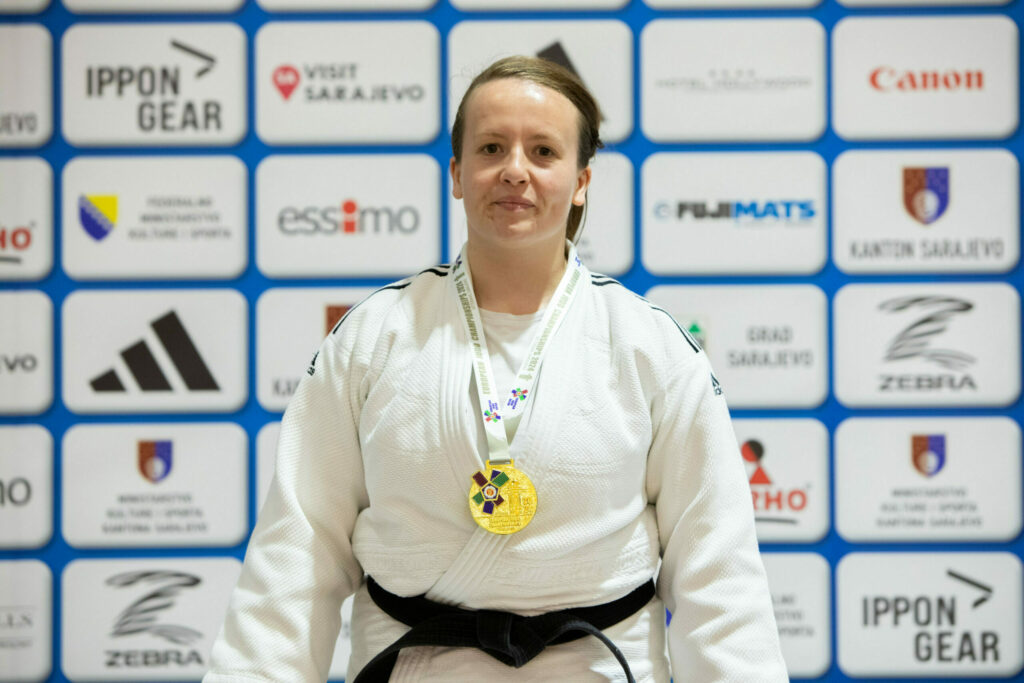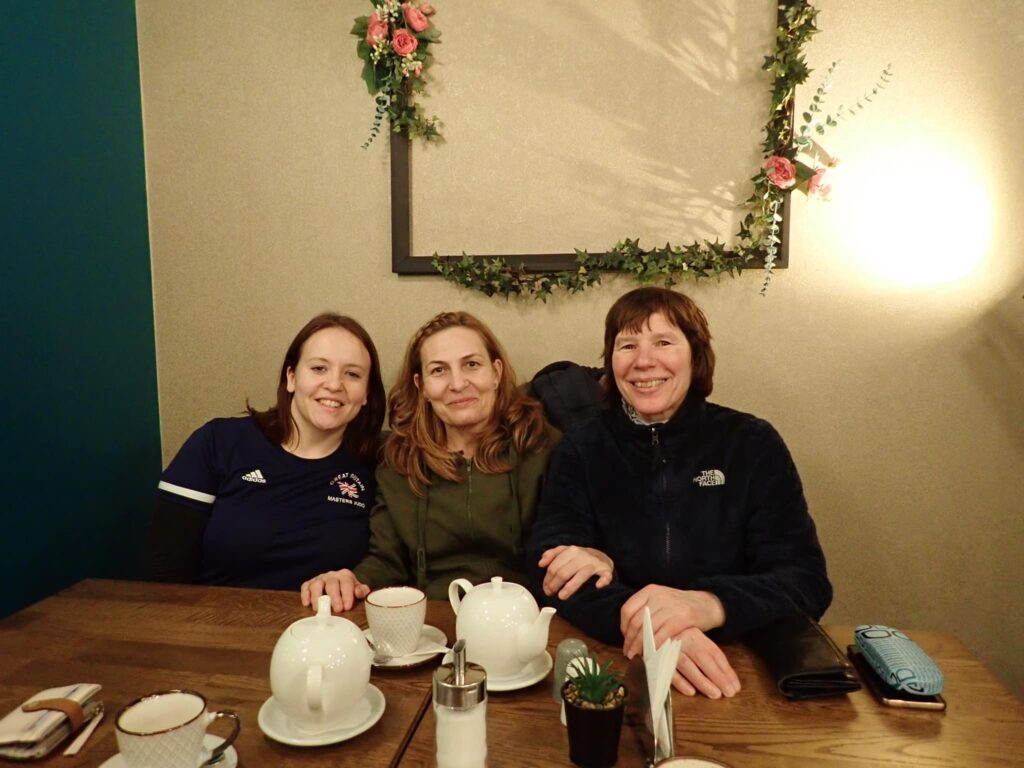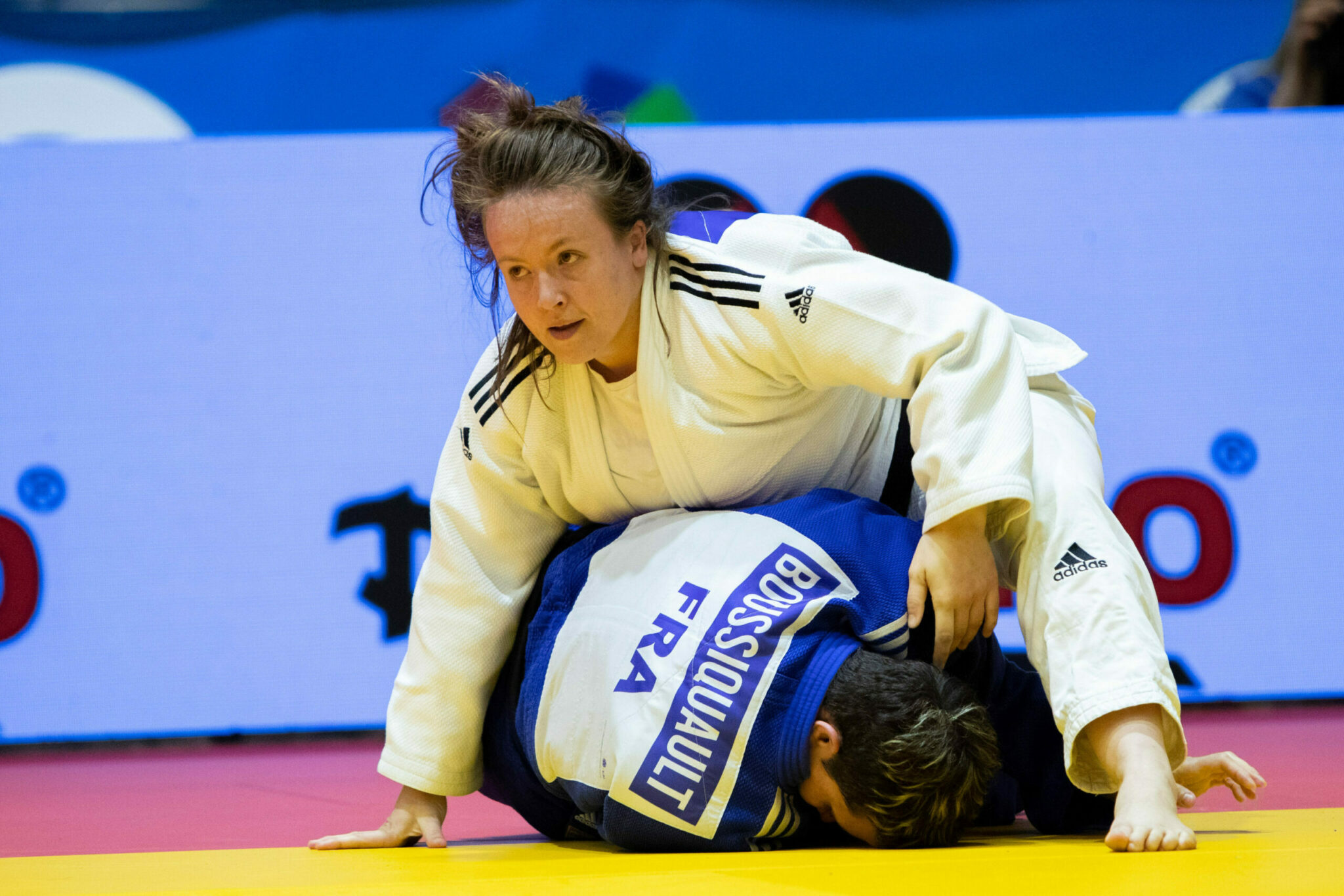Overcoming anxiety in any athlete’s life, regardless of the level at which they compete, involves a combination of psychological strategies, physical practices and lifestyle adjustments. Some of the most effective approaches include mindfulness and meditation, positive self-talk, visualisation and goal setting.
The latter ensures that setting realistic and achievable goals helps to maintain focus and reduce anxiety. Breaking down larger goals into smaller, more manageable tasks is also a top tip. By incorporating these strategies into daily life, athletes can manage and overcome anxiety, leading to improved performance and overall wellbeing. British judoka Danielle Batt followed these steps and by setting herself the extraordinary goal of competing in 40 different countries by the age of 40, she was able to overcome her pre-competition nerves and anxiety. How did the idea come about?
I never really did a lot of competition when I was a junior, well none really, only internationals that were in the UK. It was always like a big scary thing and then I turned 30 and I thought maybe I will go try one. That if I can get over the nerves as I get really nervous before fight and I thought to myself if I am going to do one why not to set a crazy challenge and 40 before 40 just sounded cool.


You have competed in many different events, from Olympic qualifiers to veteran European and World Championships. How do you choose your events?
By meeting some really amazing people. So, I go to one country, for example, if I go to France and meet the German team and the German team says ‘oh come to our competition’… Now, I think I am on country number 22. I will be 35-year-old this year, so I am halfway there, doing good for time.
Batt’s first outing was in Spain before the pandemic, which, like the rest of the world, came with a forced break. Once back in the swing of things, she maintained her consistency to the point where she once competed in two events in one weekend. Is it always this hectic?
It depends, I had a weekend where I fought in the Spanish league on Saturday and flew back to the UK on Sunday morning to fight at the British teams. The most consecutive weekend I have ever done was 2-3 competitions in a row.



What started out as a great challenge turned into a World Championship gold medal. Was winning medals always part of the package for you?
It started with just wanting to win a fight because I used to be so nervous, but then I went to Krakow and won the -70kg Veterans World Championships and that was a big surprise and now I think the pressure is on to keep performing.
Just over a month ago, Batt added her first European medal to her collection, in gold to be precise. Although she doesn’t keep a diary of her travels, Batt shares all her experiences in the form of a report on her social media platform.
I rate each competition to encourage more women to compete. A little review of each event. We are not going to the Olympics, so this is to enjoy judo, see the world, see friends and practice my really bad French [she laughs].

Batt works full-time as a family support worker and trains at Windsor Judo Club. Judo must mean a lot to you to dedicate yourself to such a challenge. What is the most valuable aspect of it all for you?
Hmmm, I think the friendship side of things, these are the best people in my life. I love all the judo people I meet from all over the world and I cannot imagine not doing judo. I hope I can do this for a long time in the F8-F9 division.
Batt’s next destination is yet to be confirmed but her story is exemplary and confirms that you don’t have to aim for the Olympics to have a greater love for judo. There is much more to gain.
Images: Dino Secic/Danielle Batt
Author: Szandra Szogedi




